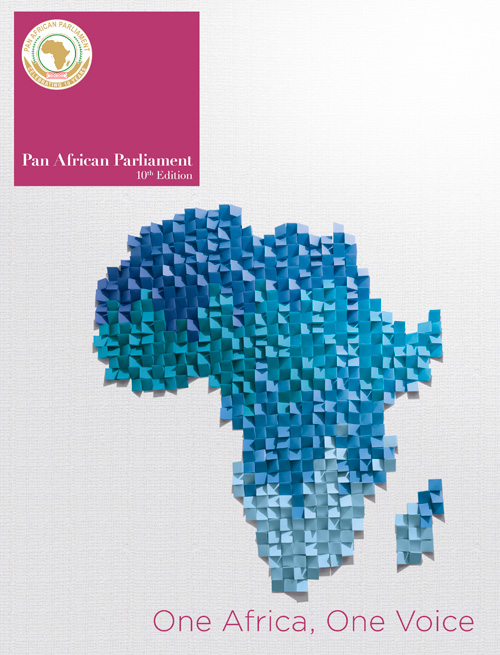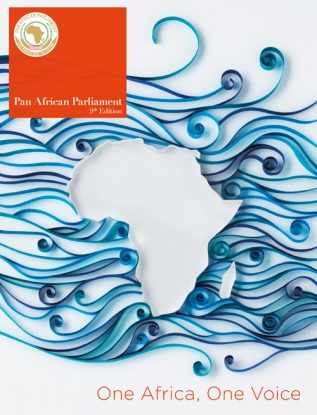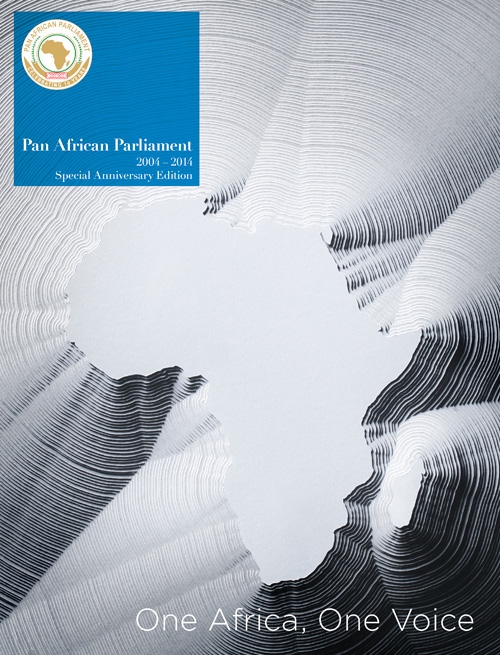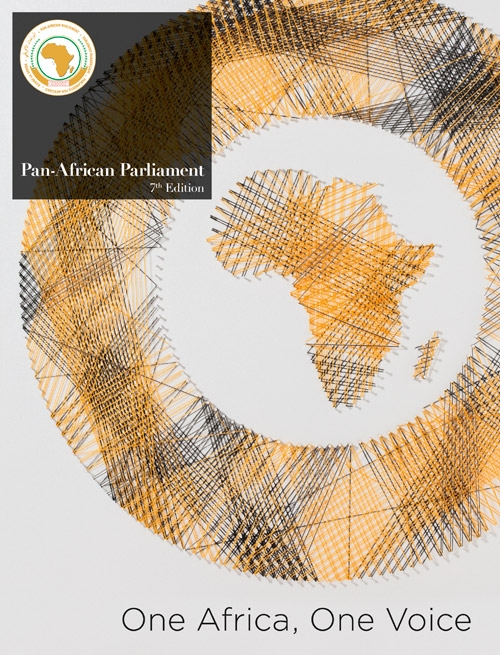
TRADING PLACES
The Speakers’ Conference is an annual consultative meeting, which ensures that national and regional Parliaments are aware of AU processes and decisions. It’s an opportunity for increased interaction and information sharing between the PAP and its member Parliaments.
The conference focused on intra-African trade and its role in stimulating the continent’s economic growth. The roles of Parliaments and members of Parliaments in promoting intra-African trade were also discussed. Four delegates presented to the conference.
The issues of intra-regional trade were raised by two speakers: HE Donald Kaberuka, President of the African Development Bank, who presented the factors mitigating against the continent’s trade for small and medium enterprises; and Asad Alam, the Country Director of the World Bank – Southern African Region, who spoke about the impact of intra-African trade on development and employment on the continent.
With regard to the factors mitigating trade, the conference raised concerns that intra-regional trade rates were only about 10% of the region’s total trade, compared to 60% in Europe, 40% in North America and 30% in ASEAN countries. They were also concerned that trade barriers were affecting small-scale traders, the majority of whom were poor women.
The conference noted existing trade barriers (red tape, export and import bans, variable import traffics and non-harmonised tax codes). It remained aware that trade is a major driver of growth and employment, including agricultural products, which can achieve food security.
With the above in mind, the conference resolved that the PAP and national Parliaments should work together to eliminate trade barriers in Africa.
The PAP and national Parliaments would encourage their respective governments to develop harmonised border regulations to reduce the high costs of informal payments that impede trade within the continent.
On the impact of intra-African trade on development and employment, it was noted that the benefits of global integration had not yet been achieved. There was a need to improve the welfare of the people in Africa. The conference resolved to sensitise individual governments to create policies that will support trade integration. The PAP will draft model laws to harmonise trade legislation, regulations and standards. Parliaments were encouraged to promote evidenced-based policy making and ensure accountability in the promotion of trade.
Hon Roger Nkodo Dang, First Vice-President of the PAP, presented on the status of the revision of the protocol that established the Parliament. He reminded the conference that the AU approved the establishment of the PAP so that it could be a Parliament of Africa. This meant its three major functions should be legislative, oversight and representation. He emphasised the importance of PAP receiving legislative powers as soon as possible.
In its summation, the conference reaffirmed its compliance with the AU decision and agreed to support the review for the protocol that started the Parliament. Due to a limited budget, it was agreed that Speakers urge their respective heads of state to adopt the revised Protocol in January 2013.
Finally, both Gerd Trogemann, from the UN Development Programme Regional Service Centre for Eastern and Southern Africa, and Neville Gabriel from the State of the Union Coalition, presented to the conference on the ratification of the AU instruments.
After the two speakers, the conference saw a need to definite time frames for AU treatise and penalties for countries that disregard these AU instruments. Should organs such as the PAP receive legislative powers, they would be able to oversee the signing, ratification and implementation of these instruments.
The conference also felt that the PAP had a further role to play in monitoring compliance and working with civil society bodies and the media to hold Parliamentary briefings and public hearings on this matter.
Hon Bethel Amadi, President of the PAP, thanked the delegates and reminded them of their responsibilities to their people. He urged them to ensure that the resolutions made should not merely be ‘resolution as usual’, but acted upon. If not, history would judge all African leaders on their failure to develop the continent.
Image: Gallo/Getty Images







